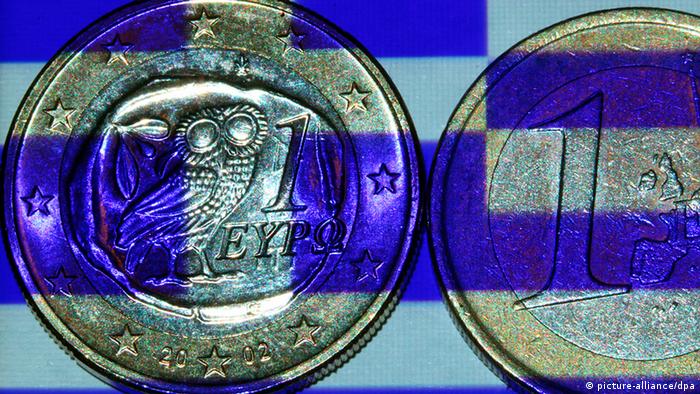Greece hasn't found a way yet of successfully fighting recession. Official data show that gross domestic product (GDP) has shrunk again in the second quarter of the year, and there's no light at the end of the tunnel.
Mired in its fifth year of recession, the Greek economy contracted by another 6.2 percent in the second quarter of 2012, after shrinking by 6.5 percent in the first quarter, official data from Athens showed on Monday.
For 2012 as a whole, the Bank of Greece expected the economy to drop by 4.5 percent, following a 6.9-percent drop last year.
The country is relying on financial rescue packages agreed with the European Union and the International Monetary Fund (IMF). Harsh austerity measures attached to the bailout funds have taken their toll on the economy and sent unemployment to record levels, particularly among young people.
Tough rhetoric
Despite the hardships, the government in Athens has yet to finalize more spending cuts of 11.5 billion euros ($14.13 billion) in order to qualify for the next aid installment in the fall of this year worth some 31 billion euros.
But a senior member of German Chancellor Angela Merkel's Christian Democrats, Michael Fuchs, said on Monday he was not impressed with the government's current endeavors to save, calling its efforts half-hearted.
"Even if the glass is half full, that won't be sufficient for a new aid package, and Germany cannot agree to that," Fuchs told the Handelsblatt business daily. "A policy of the last, last chance won't work anymore and must come to an end."
Fuchs said if Greece weren't able to deliver, leaving the eurozone shouldn't be a taboo. He argued that in such a scenario Greece could still remain a member of the European Union and receive a sort of Marshall Plan to help the country with a currency of its own again.
hg/tj (AFP, Reuters)


No comments:
Post a Comment